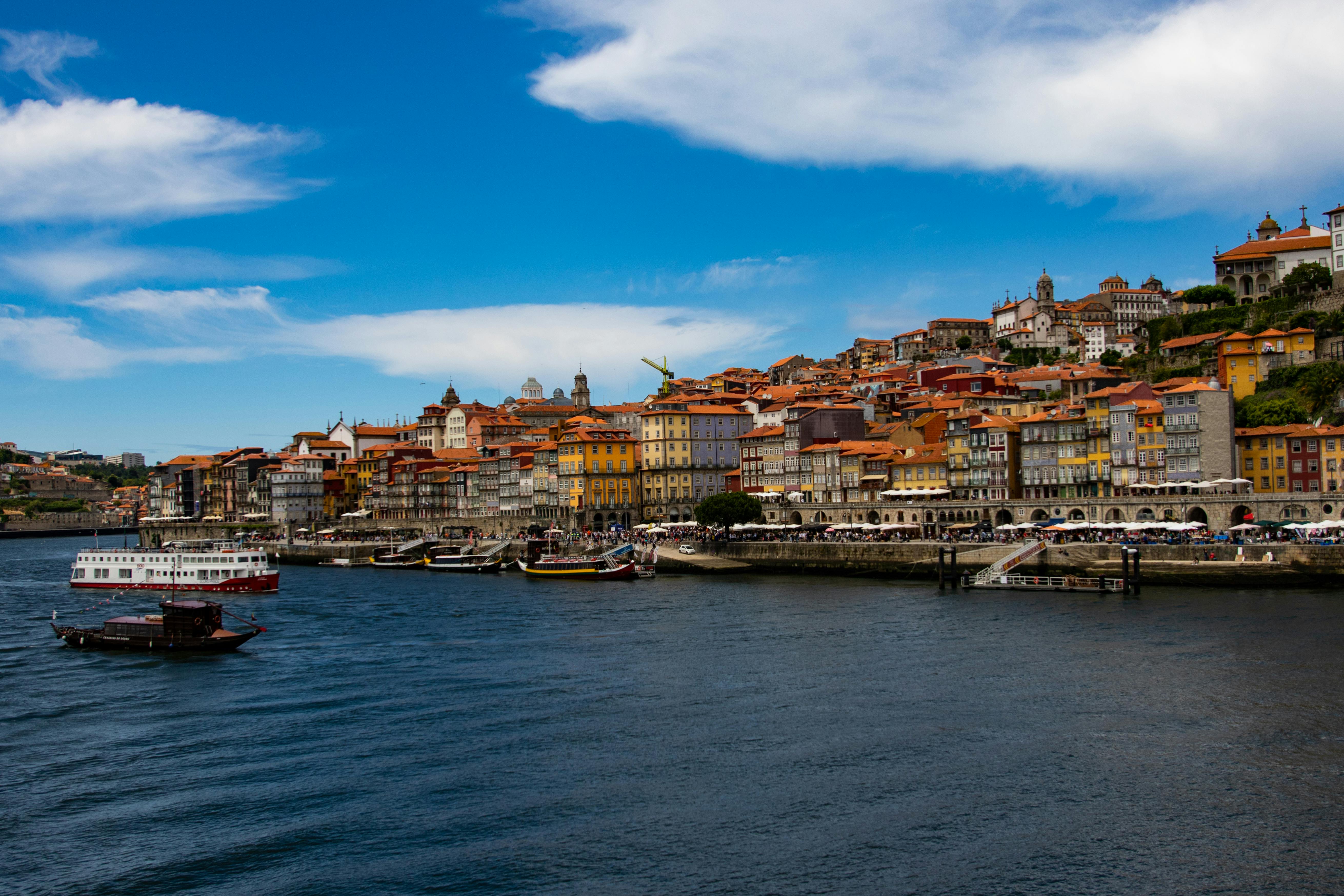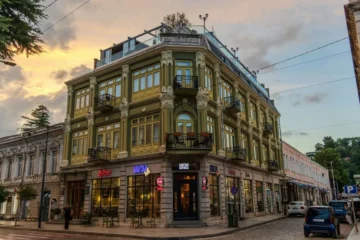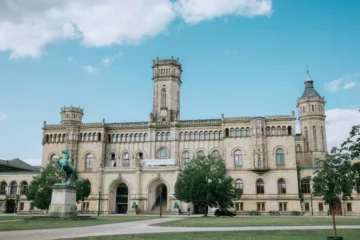For many non-EU professionals, moving to Europe often feels like a game of “Catch-22.” You can’t move without a job offer, but you can’t get a job offer unless you’re already there. Portugal’s Job Seeker Visa in 2026 is changing that script. Think of it as a one-way ticket into the country, without needing a boss waiting on the other end.
If you’re ready to take a risk on yourself, Portugal is ready to give you the space (and the legal status) to try.
Key Takeaways
What Is Portugal’s Job Seeker Visa?
The Job Seeker Visa is Portugal’s answer to the talent hunt across Europe. It’s designed for skilled workers who don’t yet have an employment offer in hand but want to explore the Portuguese labor market firsthand. Instead of forcing candidates to job-hunt remotely, this visa gives them a legal window—up to six months—to be physically present in Portugal and find a job on the ground.
This visa doesn’t tie you to an employer or a particular company. It simply opens the doors to job-seeking freedom. Whether you’re an engineer from India, a developer from Kenya, or a healthcare professional from the Philippines, Portugal wants to see what you’ve got—before asking for commitment.
What’s New in the 2026 Version?
The 2026 rollout of the Job Seeker Visa is sharper, quicker, and less bureaucratic than in previous years. Let’s start with speed: processing times have been trimmed to around 20 working days. That’s a noticeable improvement for anyone used to glacial EU visa wait times.
Then there’s the eligibility. While a degree was previously a soft requirement, 2026 now allows individuals with in-demand skills or recognized work experience (especially in shortage occupations) to qualify, even if their formal academic credentials are unconventional.
Also Read: Which Countries Are Offering Work Visas Without IELTS in 2025?
Also new: online integration with IEFP, Portugal’s national employment service. From 2026 onward, you can pre-register or commit to registering upon arrival, aligning yourself directly with local job boards and public sector opportunities.
Who Is Eligible to Apply?
Portugal’s Job Seeker Visa isn’t a free-for-all, but it’s far more accessible than traditional work routes.
Here’s what you need to tick off:
- Non-EU/EEA/Swiss nationality (this visa is not for Europeans)
- A valid passport with at least 6 months of validity beyond your intended stay
- Recognized academic degree or professional experience in sectors where Portugal is facing talent shortages (IT, healthcare, hospitality, engineering, etc.)
- Proof of funds equal to at least three months of minimum wage—around €2,600 in 2026
- Clean criminal record, typically from both your home country and any country you’ve lived in for over a year
- Valid travel and health insurance for your entire stay
- Commitment to register with IEFP (can be done before or shortly after arrival)
Applicants from countries with a strong labor mobility track record—such as Brazil, India, South Africa, and the Philippines—may find their chances even better, especially if their professional profile aligns with Portugal’s talent needs.
What Documents Do You Need?
Start with the basics, but don’t overlook the details—Portugal wants a complete and tidy application.
Here’s what you’ll need:
- Completed visa application form
- Passport-sized photos (recent, neutral expression, white background)
- Valid passport
- Proof of financial means (bank statements, salary slips, or sponsorship letter)
- Accommodation proof (hotel booking, rental agreement, or invitation letter)
- Police clearance certificate
- Travel health insurance policy
- Proof of academic degree or skills certification
- IEFP registration confirmation or commitment letter
If you’re applying from a country with a Portuguese consulate, the whole process is managed locally—no need to fly elsewhere. Expect a fee of around €90 to process your application.

How Long Can You Stay Without a Job?
Under the 2026 policy, the Job Seeker Visa grants you an initial 120 days in Portugal to look for a job. If the hunt takes longer (and let’s be honest—it often does), you can extend once for an additional 60 days, bringing the total to 180 days or about six months.
This timeline provides a realistic window for exploring jobs, attending interviews, networking, and potentially even starting work if you secure a contract early. But make no mistake—by the end of the six months, you must either:
- Convert your visa into a residence/work permit, or
- Leave the country before reapplying
The visa does not allow repeated extensions beyond the initial six months.
Can You Switch to a Work Visa Later?
Absolutely—and that’s where this visa shines.
If you secure employment during your stay, you can apply for a residence permit directly from within Portugal. This avoids the need to leave the country and restart the process from scratch, saving you time and money.
Here’s how it works:
- Receive a valid job offer from a registered Portuguese employer
- Submit a request to convert your status to a residence permit
- Pay an additional fee (~€170) for the permit process
- Provide supporting documents: job contract, tax registration (NIF), proof of accommodation, and social security registration.
Once approved, you can live and work in Portugal for one or more years, depending on your contract length, with a clear path to renewal, long-term residence, and even Portuguese citizenship down the road.
Also Read: How to Get Germany’s Freelancer Visa in 2025: A Complete Guide
Is This a Better Option Than Other EU Job Visas?
In many ways—yes.
- Germany: Also offers a Job Seeker Visa, but requires proof of a recognized degree and around €5,000–€6,000 in financial means. Processing can be slower, and extensions are stricter.
- Austria: Offers a “Job Seeker Visa for Very Highly Qualified Workers,” but eligibility is point-based and favors PhDs or advanced STEM credentials. It’s competitive and not beginner-friendly.
- Portugal: Lower financial threshold (€2,600), broader eligibility criteria (degree or experience), and faster processing times (20 working days). It’s simpler, cheaper, and friendlier.
If you’re looking for a welcoming EU country to jumpstart your European journey without red tape overload, Portugal’s system is one of the most practical in 2026.
Final Thoughts: Should You Apply?
If you’re a skilled worker from a non-EU country and tired of dead-end email applications and Zoom interviews from afar, Portugal’s 2026 Job Seeker Visa is your golden chance to take control. You get up to six months of legal residence in a growing EU economy, with the ability to convert to a long-term stay without ever leaving the country.
Add in Portugal’s high quality of life, relatively low living costs, and tech/startup-friendly atmosphere, and you’ve got more than just a job opportunity. You’ve got a lifestyle upgrade.
So, if your suitcase is packed and your CV polished, the only thing standing between you and Portugal might just be one smooth visa application.
Reference: https://vistos.mne.gov.pt/en/national-visas/necessary-documentation/job-seeker-visa





